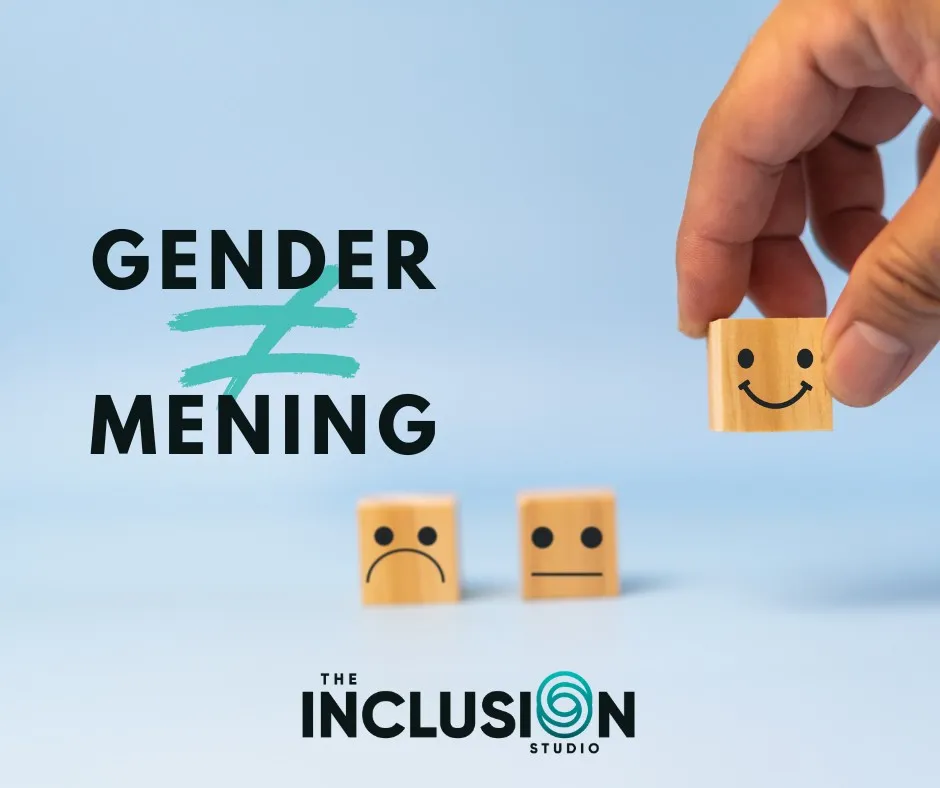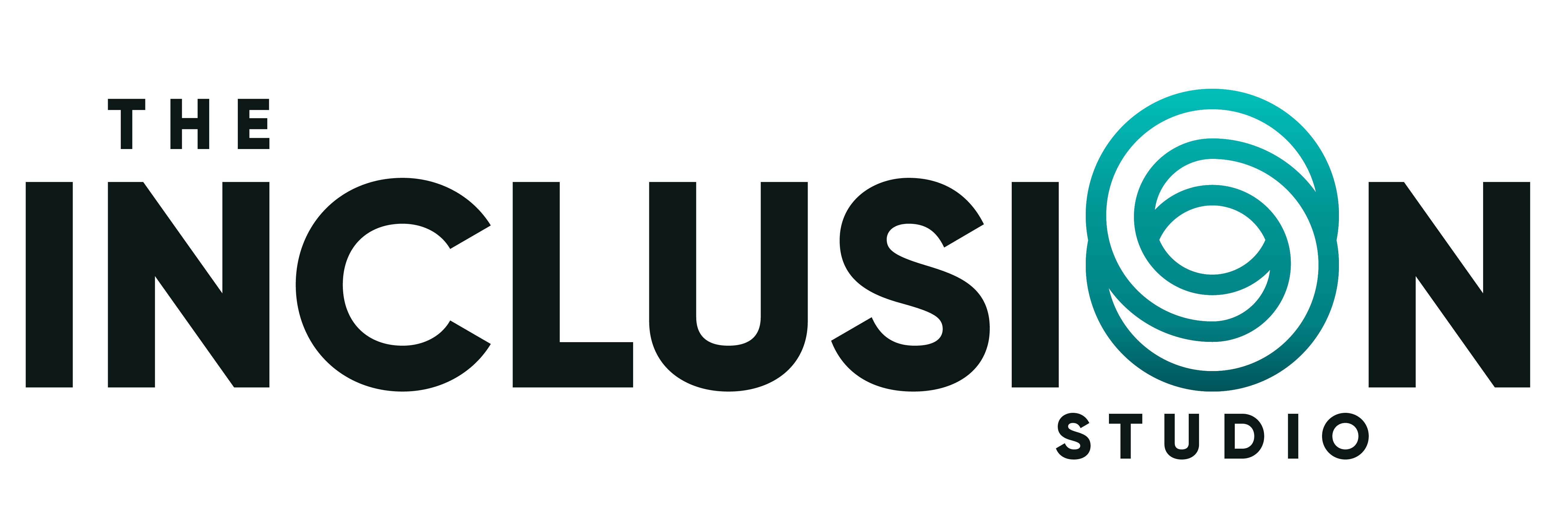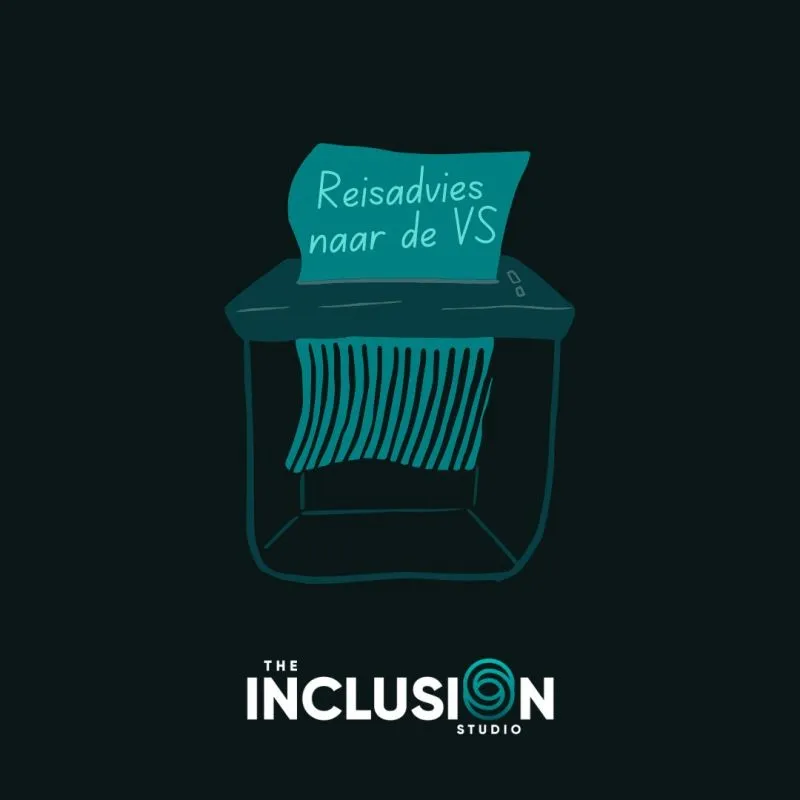
Gender is not an opinion
The government doesn’t need to have a preference for someone’s identity. But denying it is not neutrality – it’s a choice against recognition.
It sounds so civilly phrased: a neutral government as the key to mutual respect. But the argument made by Geert-Jan Edelenbosch (Trouw, June 13) mostly conceals a stubborn naivety. By framing gender identity as a “philosophical belief” – something subjective, something you ‘believe in’ – the call for recognition is reduced to a fashionable whim. But true neutrality begins with the question: who gets left behind if we do nothing?
Neutrality is not an attitude of standing aside. It is not a fig leaf to cover up structural inequality. A government that acknowledges that some people don’t identify with the M/F category is not making a moral judgment. It’s not saying: “We’re taking sides.” It’s saying: “We see you.” And those who have never felt unseen cannot grasp how essential that is.
Neutrality does not mean suspending values, but applying the protection of the rule of law: equal treatment, visibility where it is lacking, and the normalization of inclusion where it is needed.
Edelenbosch makes a classic error in reasoning: he equates gender with religion, with ideology. As if you can choose what you feel, who you are, how your body and identity relate to each other. As if gender were just an opinion, purely subjective. But medical science leaves little room for doubt: gender dysphoria is not an expression of belief or a phase, but a demonstrable reality. And even for those without that diagnosis – such as possibly non-binary or intersex people – the same applies: their identity is not a matter of opinion, but a part of who they are.
Ask a cisgender man if he could identify as a woman today, and you likely won’t get a medical or philosophical answer, but an awkward chuckle. Because deep down, we know: identity is not a choice. Just like being left-handed isn’t a trend, and your sexual orientation isn’t a passing preference.
At the same time, identity is something living. A journey that for some unfolds quietly and naturally – precisely because it fits within societal norms – and for others is a path full of obstacles. If the world around you lacks the words, boxes, or forms for who you are, that journey becomes more difficult, delayed, or denied. And if even the government turns away from that, it is not neutral – it’s as if your right to exist falls outside the scope of policy.
And even if part of your gender identity were subjective – so what? Nearly every important aspect of being human is. Happiness, safety, justice – they exist by the grace of experience. Yet we base policies on them. We take them seriously. So why not the feeling of being yourself?
Edelenbosch’s ‘pragmatic alternative‘ – only asking for legal sex, leaving no room for nuance – is no solution. It’s an attempt to manage discomfort by forcing people back into a box. But what then do we do with intersex people? Or people in transition? What do we say to non-binary people? That their existence is too complicated, and we’ll just squeeze them into our cookie-cutter worldview for convenience?
We shouldn’t turn the government into an identity coach, says communications advisor Edelenbosch. Agreed. But the government is responsible for the right to exist, for visibility, for legal equality, and for preventing exclusion. And that begins with language. If you don’t know what deviates from ‘the norm,’ you confirm that norm as the only reality.
Neutrality is only credible if it protects the vulnerable or disadvantaged. Not by looking away, but by carefully registering where differences matter.
Gender is not an opinion. And denying it, no matter how ‘pragmatically’ packaged, is not neutrality. It’s a simplification and a policy choice with consequences – for people who, like anyone else, cannot afford to remain invisible.





